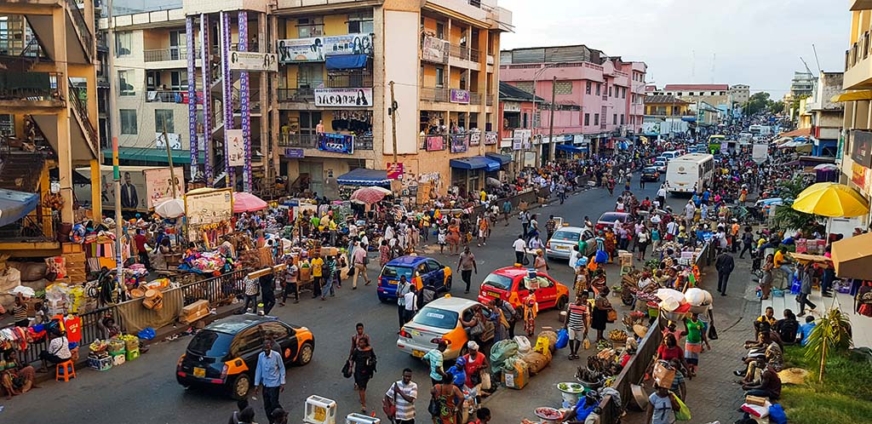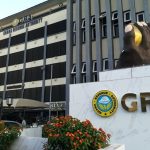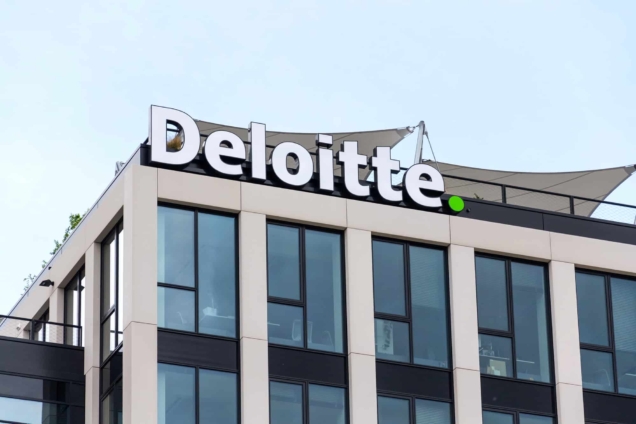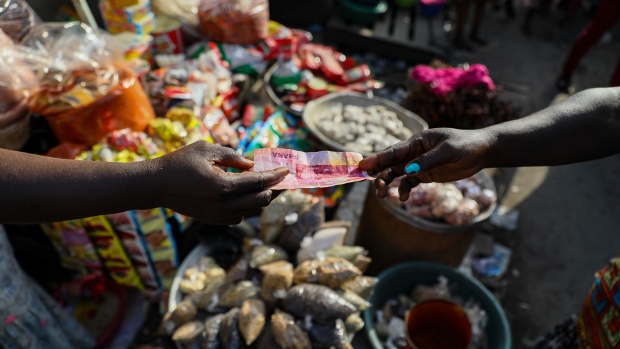The year 2024 presented a complex mix of economic challenges and opportunities for Ghana.
Reforms under the International Monetary Fund (IMF) bailout programme guided efforts to stabilize the struggling economy, which was exacerbated by global and domestic pressures.
Here are the key events of 2024 that shaped business discourse:
- Cedi depreciation and recovery: The cedi’s 28% slump against the dollar rocked import-heavy industries, but a $800M market injection by the central bank later in November steadied the ship, providing some breathing room for businesses.
- Double-digit inflation: Persistent high inflation, climbing to 23% in November, strained household budgets and slashed consumer spending, forcing businesses to adapt to shifting market dynamics.
- Oil and gas revenue surge: Favourable global oil prices boosted government coffers and supported public investments, but skyrocketing fuel costs hit transport-dependent industries hard.
- Gold glitters for Ghana: Strong global demand for gold provided a critical cushion for foreign reserves and fiscal revenues, cementing the sector’s role in economic resilience.
- IMF bailout implementation: The IMF’s programme kickstarted fiscal reforms, stabilised debt, and mobilised revenues, laying a foundation for business confidence and economic recovery.
- Banking sector growth: Total banking assets soared by 42.4%, while credit to the private sector rebounded, signalling resilience and renewed optimism in financial services.
- SME empowerment: Over GH¢2.1 billion was disbursed to support SMEs, fuelling innovation and growth in micro, small, and medium enterprises across Ghana.
- Transport fare hikes: Rising fuel prices led to higher transport costs, impacting logistics-heavy businesses and everyday commuters alike.
- Cocoa price boom: A surge in global cocoa prices brought higher farmgate earnings, but rising production costs and climate risks highlighted vulnerabilities in Ghana’s prized export sector.
- Economic growth: Resilient yet uneven: Ghana’s economic growth in 2024 remained moderate but showed positive signs. Real GDP grew by 6.3% in the first three quarters, compared to 2.6% during the same period in 2023. The non-oil sector grew at an average of 6.2%, driven by quarterly expansions of 4.3%, 6.6%, and 7.7% .The extractive industries—oil, gas, and gold—emerged as key growth drivers. High global oil prices and robust gold demand boosted government revenue and foreign exchange reserves, narrowing the fiscal deficit and enabling public investments.
-
- New leadership, new direction: A change in government anticipating fresh economic policies aimed at stabilizing the business environment, creating cautious optimism for 2025 and beyond.
Looking forward
These pivotal events defined 2024 as a year of resilience, adaptation, and hope for Ghanaian businesses navigating turbulent waters.
As Ghana concludes 2024, its economy stands at a crossroads.
Challenges like forex stability, inflation control, and living standards require sustained attention.
However, structural reforms, investments in critical sectors, and targeted social interventions provide a foundation for recovery.
With a new government at the helm and momentum from key initiatives, Ghana’s economic outlook for 2025 holds cautious optimism, with opportunities for growth and resilience firmly within reach.
















